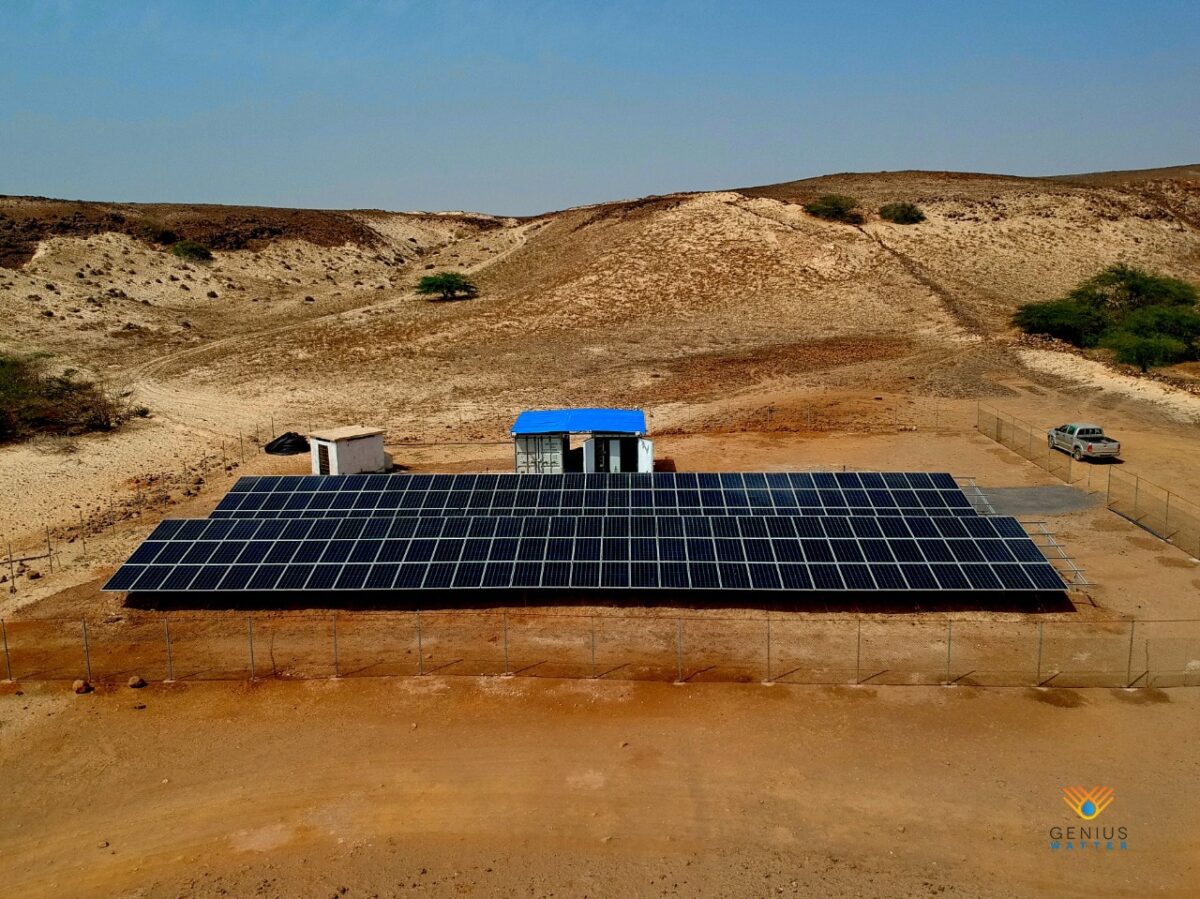From pv magazine Global
As part of efforts to boost solar power production and produce fresh water from salty water, Bangladesh’s government eliminated the Advance Tax (AT) on imported components required for solar-powered water desalination plants.
The move aims to reduce water production costs and enhance reliance on solar power in 19 coastal districts facing grid electricity shortages due to lower imports of coal and fuel.
People in coastal belts depend on seawater as ponds and underground water have become salty due to climate change. Cyclones contaminate ponds and canals, rendering water unusable. Rising sea levels have increased salinity in many parts of Bangladesh, including inland areas.
Several solar-powered water desalination units currently operate in southern Bangladesh. Each system includes a 500 W solar power system driving a 0.5 hp (373 W) water pump.In 2020, Australia-based company F Cubed secured a government contract to supply 1,140 desalination machines, providing clean drinking water to around 30,000 people in Bangladesh.
An official at the Department of Public Health Engineering who was involved in the project told the pv magazine that the DPHE ran the pilot project in 16 coastal districts. “From each desalination unit five families can get safe drinking water,” he said.
“This project was financed by the government from its exchequer, but considering the benefits of desalination machines, funds will be sought from development partners to further expand such facility,” he added.
Bangladesh is presently experiencing a 25% low electricity generation in this scorching summer thus at least 3,000 MW of load shedding is occurring every hour.
This content is protected by copyright and may not be reused. If you want to cooperate with us and would like to reuse some of our content, please contact: editors@pv-magazine.com.








By submitting this form you agree to pv magazine using your data for the purposes of publishing your comment.
Your personal data will only be disclosed or otherwise transmitted to third parties for the purposes of spam filtering or if this is necessary for technical maintenance of the website. Any other transfer to third parties will not take place unless this is justified on the basis of applicable data protection regulations or if pv magazine is legally obliged to do so.
You may revoke this consent at any time with effect for the future, in which case your personal data will be deleted immediately. Otherwise, your data will be deleted if pv magazine has processed your request or the purpose of data storage is fulfilled.
Further information on data privacy can be found in our Data Protection Policy.